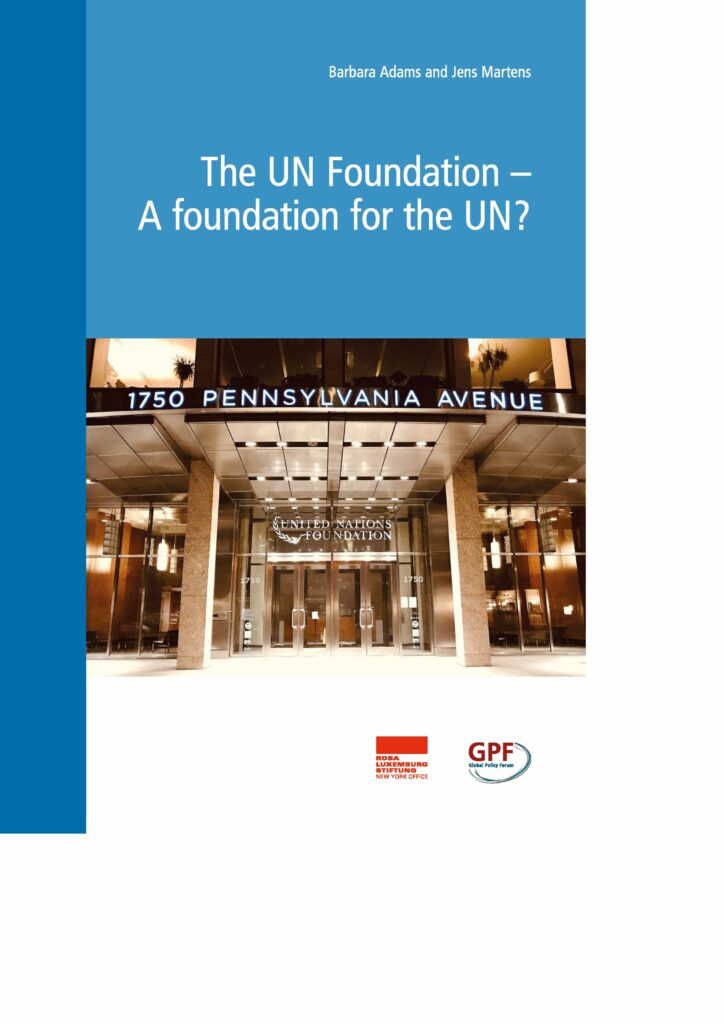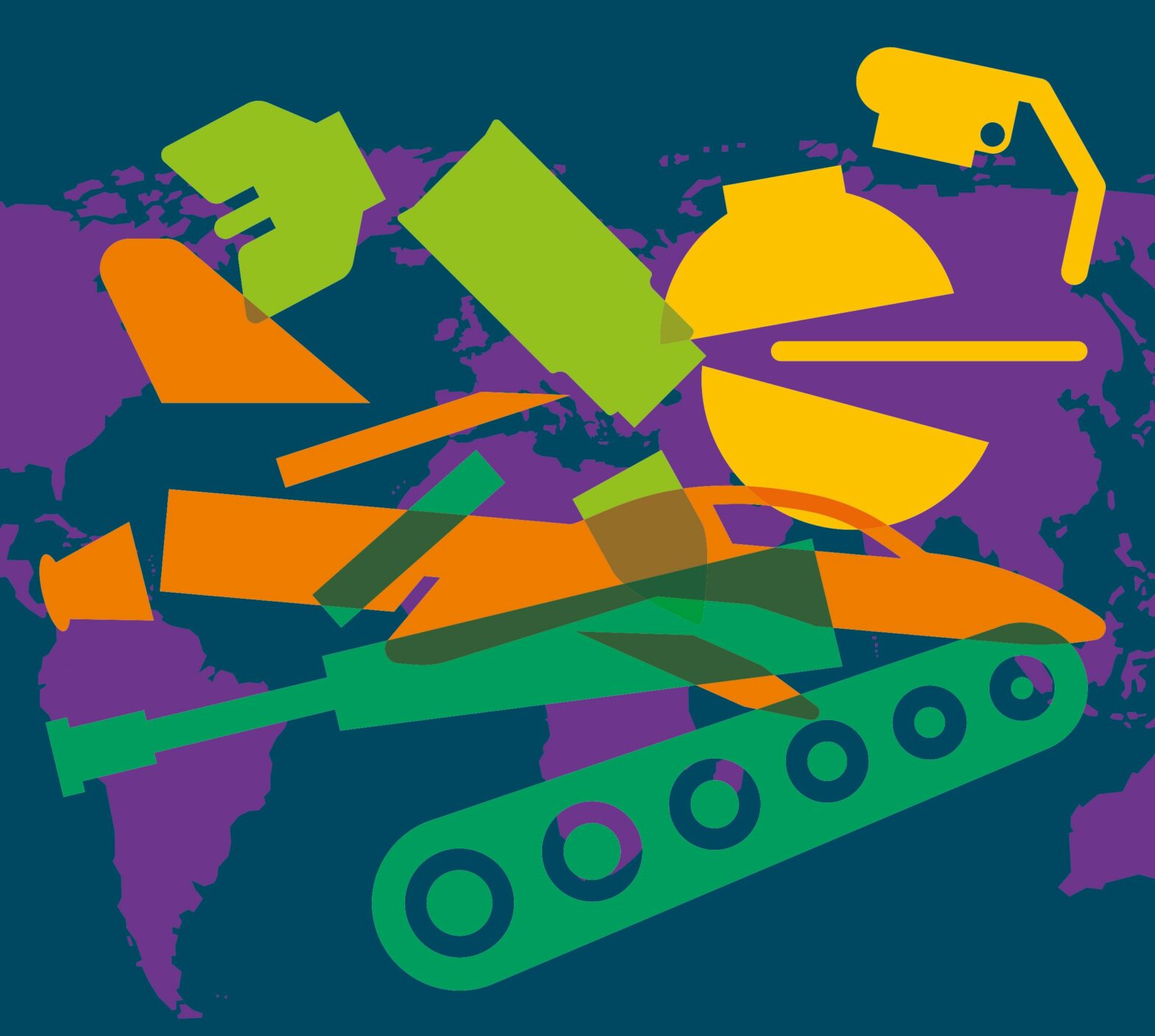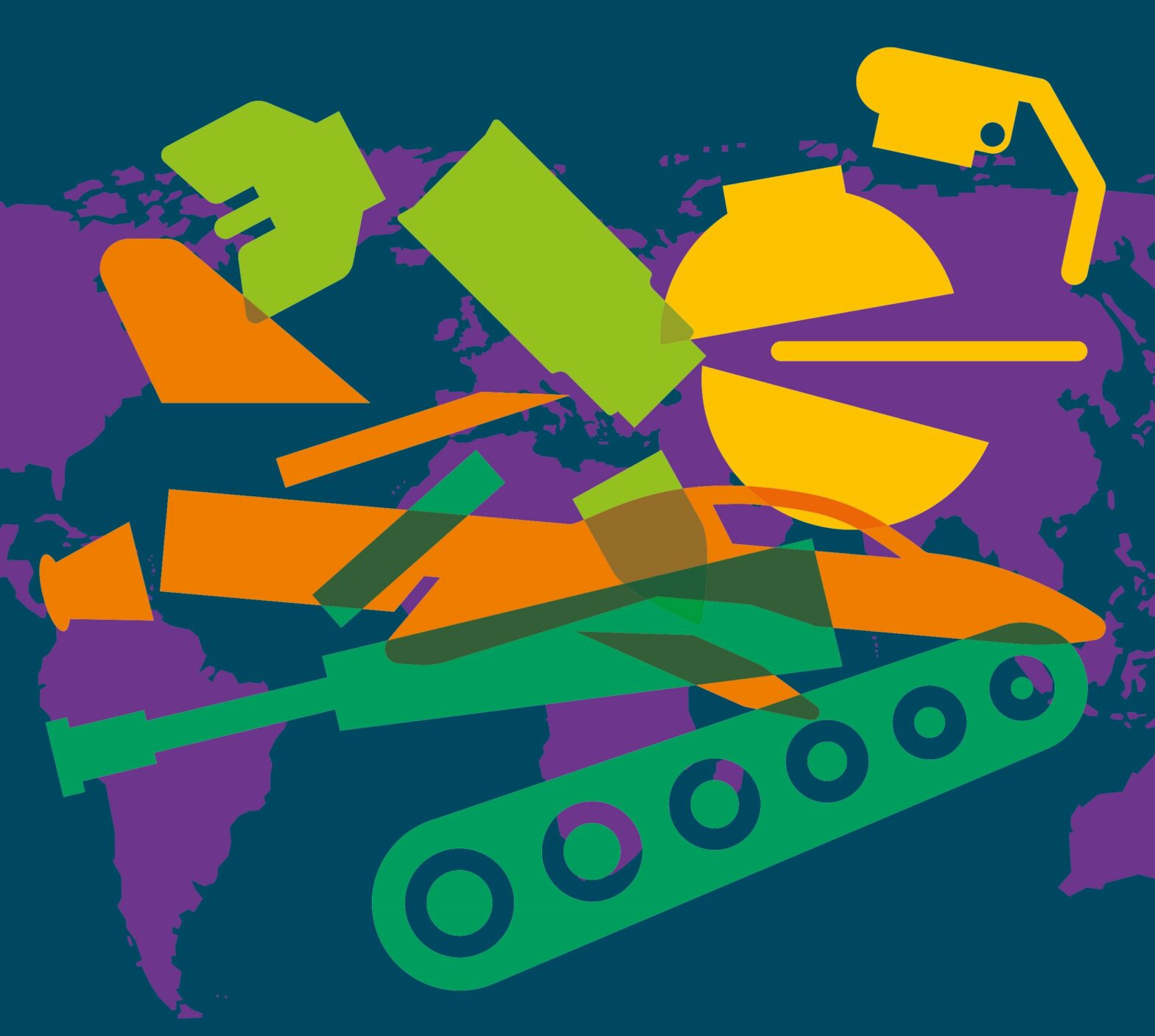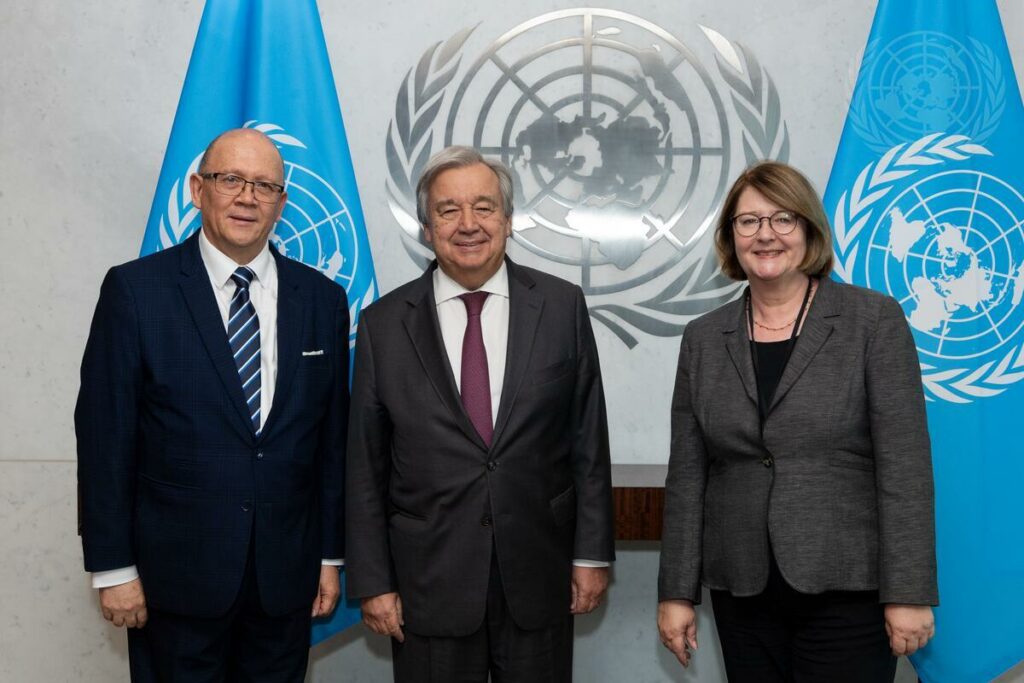Share Twitter Facebook Email Copy URL

Barbara Adams is Chair of the Executive Board of Global Policy Forum. She was trained as an economist in the UK and served as Exec-utive Director of the Manitoba Council for In-ternational Affairs in Canada from 1977 to 1979. She served as Associate Director of the Quaker United Nations Office in New York (1981–1988), where she worked with delegates, UN staff and NGOs on issues of economic and social justice, women, peace and human rights. Barbara served as Deputy Coordinator of the UN Non-Governmental Liaison Service (NGLS) through the period of the UN global conferences and until 2003, and until 2008 with the United Nations Development Fund for Women (UNIFEM). Barbara Adams has authored and co-authored many articles, reports, commissioned studies and books on the UN and multilateral and governance issues.
Jens Martens is an economist and political scien-tist. He is Executive Director of Global Policy Forum and has been the Director of Global Policy Forum Europe since its foundation in 2004. Since 2011 he has coordinated the international Reflec-tion Group on the 2030 Agenda for Sustainable Development (www.reflectiongroup.org). From 2003 to 2009 he was member (2006–2009 Co-Chair) of the Coordinating Committee of Social Watch (www.socialwatch.org). He is also a mem-ber of the Advisory Board of the Development and Peace Foundation (SEF). He has published more than 100 articles and several books and studies on sustainable development, UN reform, global governance, pri-vatization and corporate accountability.
This report is the result of a cooperation project between the Global Policy Forum Europe and the New York Office of the Rosa-Luxemburg-Stiftung.
In the last two decades, we have witnessed significant changes in the engagement between the United Nations and the private sector. Private funding from corporations and philanthropic foundations for UN activities has increased steadily, and multiple partnerships between corporations, philanthropic foundations, and the UN have been established. These changes are shaping a new era for multilateralism, defined by intergovernmental policy impasses and a growing reliance on corporate-led solutions to global problems that will have deep implications for global governance.
The United Nations Foundation (UNF), established in 1998 by US billionaire and media mogul Ted Turner, is at the head of this trend. Originally instituted with the aim of championing and supporting the work of the UN, the Foundation appears to have developed a business model and growth strategy that promote its own priorities, activities, and expansion, spearheading many initiatives that have not been developed with or that directly benefit the UN system.
Backed by the failure of Member States to adequately finance UN development activities, the UNF has acted as a consistent advocate and facilitator for the United Nations to open up to private sector engagement. However, this type of engagement has not been accompanied by a rigorous assessment of effectiveness and has worked without addressing issues of reporting and coherence with UN mandates. While the Foundation has benefitted from the special relationship with the UN—both financially and in the level of influence it holds as main proposer and facilitator of third party funders—, the results and benefits for the UN to date do not seem to justify this unique agreement. As UN values become less central in driving its activities and programs, it is indispensable to ask if the partnerships model can really enhance the implementation of the UN purpose.
With the aim to explore these developments, and the trends that give rise to them, this new working paper, prepared in partnership by RLS–NYC and Global Policy Forum, builds on questions of funding and private influence at the UN in the context of today’s re-evaluation of multilateralism. By reviewing and assessing the UN-UNF partnership, authors Barbara Adams and Jens Martens take a close look at the donor-driven dynamics within the UN to examine benefits, risks, and side effects of these trends, to reaffirm the importance of transparent monitoring and accountability guidelines in building and strengthening a democratic and inclusive global governance system.



